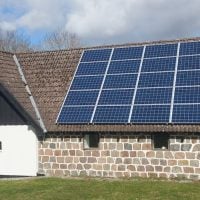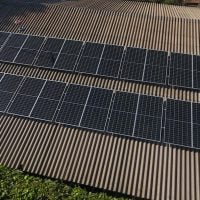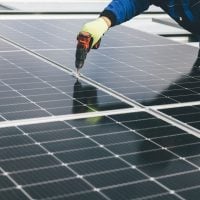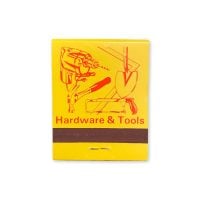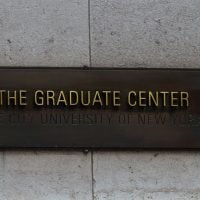Deadline: 31-Aug-2024
The Institute for Global Environmental Strategies (IGES), a not-for-profit policy research institute in Japan, is launching Phase II of the Breaking the Plastic Habit in Asia project to test the effectiveness of behaviour-centred interventions to reduce the use and waste of single-use plastics in cities and communities.
The project is conducted in close collaboration with the Regional Knowledge Centre for Marine Plastic Debris, hosted by the Economic Research Institute for ASEAN and East Asia (ERIA).
Phase II of this project, through an expanded set of pilot projects, aims to further develop practical knowledge and tools for applying behaviour-centred projects in concrete settings, pilot the use of a new measurement and assessment framework for behaviour-centred projects, and generate a set of case studies to support policymakers, businesses, and civil society in implementing behaviour-centred programming to address environmental challenges.
Objectives
- The call aims to select 4 to 6 implementing partners from ASEAN Member States (Brunei, Cambodia, Indonesia, Laos, Malaysia, Myanmar, the Philippines, Singapore, Thailand, and Viet Nam) to work on the planning, implementation, monitoring, and assessment of micro-scale pilot activities that test the effectiveness of behavioural insights methodology for reducing single-use plastic in concrete settings (e.g. shops, restaurants, campuses, event sites) and for specific target groups (e.g. families, workers, students, aged population).
- During project implementation, IGES will provide technical assistance, capacity training, and offer ongoing support to implementing partners to address issues that may occur during the implementation. The lessons learned from the pilot projects will be gathered and examined by the partners and IGES to help refine a Measurement and Assessment Framework and set of case studies to help policymakers, businesses, educators or other stakeholders take advantage of behavioural insights to tackle single-use plastics and other environmental challenges.
Funding Information
- USD 14,000 will be granted to each of the selected partners as the budget to plan, implement and monitor pilot projects.
Duration
- Duration of eligible pilot projects: Up to 6 months during the period from the 1st of January to the 31st of August 2025
- Minimum duration 2 months, maximum duration 6 months.
Target Groups
- Target groups could include but are not limited to the following:
- Families/households
- Educators, students, workers
- Age groups (youth, elders, etc.)
- Applications must identify two or more target groups or locations to implement the pilot activities.
- Examples of the combination of target groups include the following:
- A site from a middle-to-high-income area and another site from a low-income area.
- A site from an area with well-developed public services, including waste management and another from an area without such services.
- A site from an area where businesses and/or citizens are already adopting circular practices (e.g. waste reduction and recycling) and another site from an area where these practices are not yet widespread.
Eligibility Criteria
- The call is open to all organisations that meet the following eligibility criteria:
- Successful applicants will include local, regional, or national governmental institutions/agencies (or subsidiary bodies), companies, or not-for-profit organisations (including educational or research institutes).
- Eligibility will be limited to organisations based in ASEAN Member States (Brunei, Cambodia, Indonesia, Laos, Malaysia, Myanmar, the Philippines, Singapore, Thailand, and Viet Nam).
For more information, visit ERIA.


